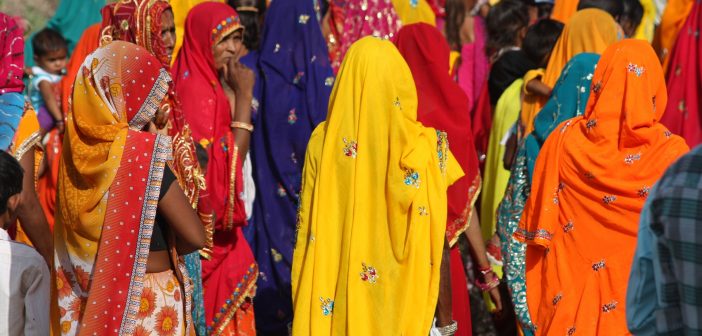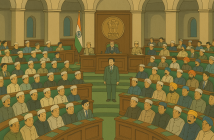Union Minister for Home Affairs, Shri Amit Shah introduce citizenship bill in Lok Sabha. This Bill got clearance on 10 December. However, it faced a challenge when the Bill was taken up in the Rajya Sabha later in the week. But after huge discussion, Rajya Sabha passed this bill on 11 December.
CAB bill amends the Citizenship Act 1955 to make Hindu, Sikh, Buddhist, Jain, Parsi, and Christian illegal migrants from Afghanistan, Bangladesh, and Pakistan, eligible for citizenship of India. They will also be eligible to get naturalised citizenship. One of the requirements for citizenship by naturalization is that the applicant must have resided in India during the last 12 months, and for 11 of the previous 14 years.
Shri Shah said that there is no political agenda behind this bill, as the government is only concentrating on ending the sufferings of lakhs of persecuted refugees fleeing these three countries. The government had brought this bill in 2015 also but could not get it passed. Hence, it is clear the bill has never been brought by the government with any intention of gaining political mileage in an upcoming election. Neither is the definition of secularism narrow, the Modi Government sees this issue holistically.
Among the main opposition against the Citizenship Bill is that it is said to be violative of Article 14 of the Constitution — the Right to Equality. Congress, Trinamool Congress, CPI(M) and a few other political parties have been steadfastly opposing the bill, claiming that citizenship can’t be given on the basis of religion.
This bill also creates further differentiation between the specified class of illegal migrants based on when they entered India (before or after December 31, 2014), and where they live in India (provisions not applicable to Sixth Schedule and Inner Line Permit areas). However, the reasons provided to explain the distinction is unclear.
Moreover, the bill clarifies that the proposed amendments on citizenship to the specified class of illegal migrants will not apply to certain areas. Therefore, the bill has been met by widespread protests across the North East in Assam, Meghalaya, Manipur, Tripura, Mizoram, Nagaland and Sikkim.
on the other hand, The Home Minister said that this Bill contains provisions to grant Citizenship on reasonable grounds to refugees facing religious persecution in the above three countries, which in no way go against any provision under the Constitution of India and does not violate Article 14. He also reassured that no provision of Article 371 would be violated by this Bill.
In short, the government says that Citizenship Bill is aimed at giving a dignified life to these people who had suffered religious persecution for decades by granting Indian Citizenship to them if they fulfil conditions for grant of citizenship.




